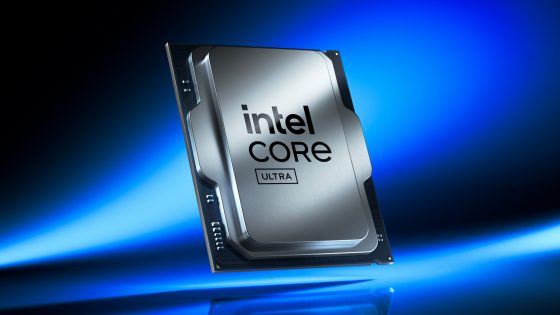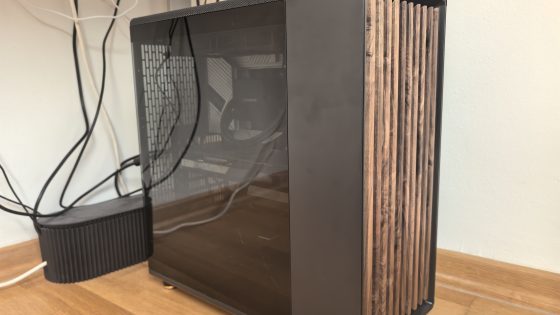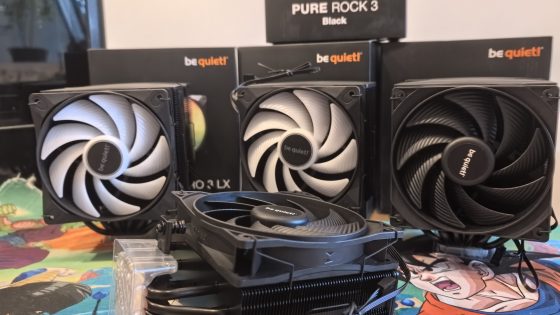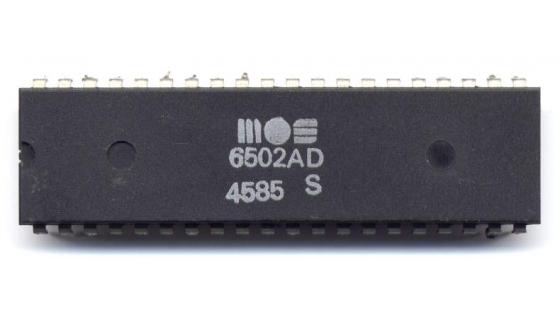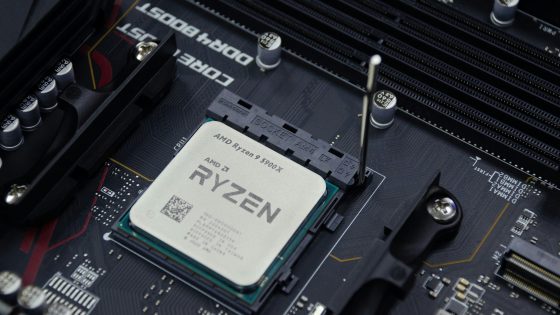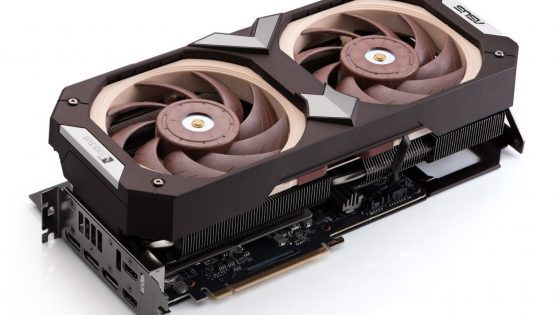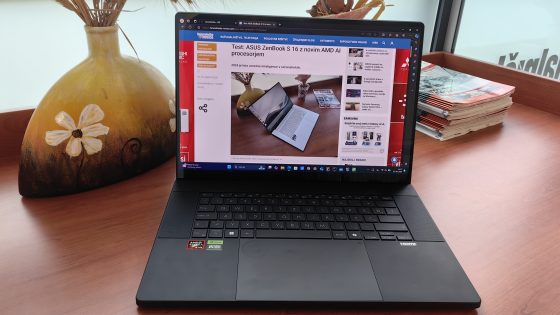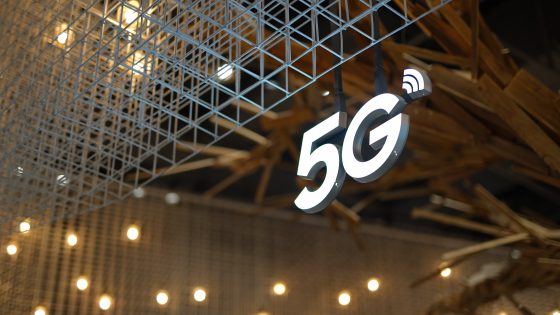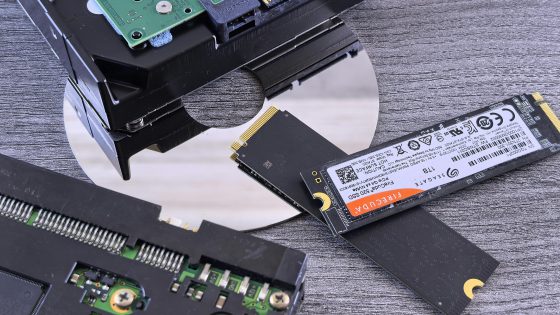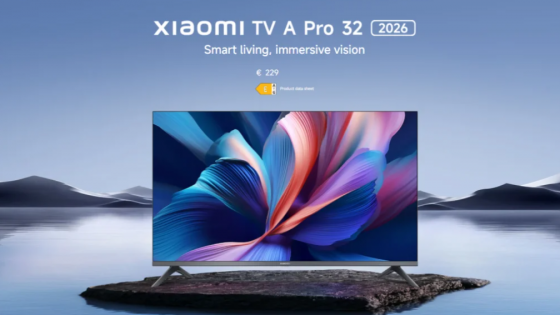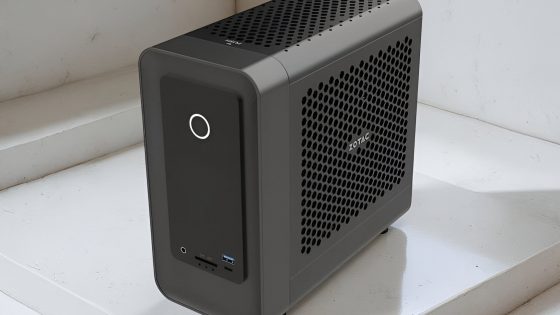How did the Intel Core i9-14900K perform?
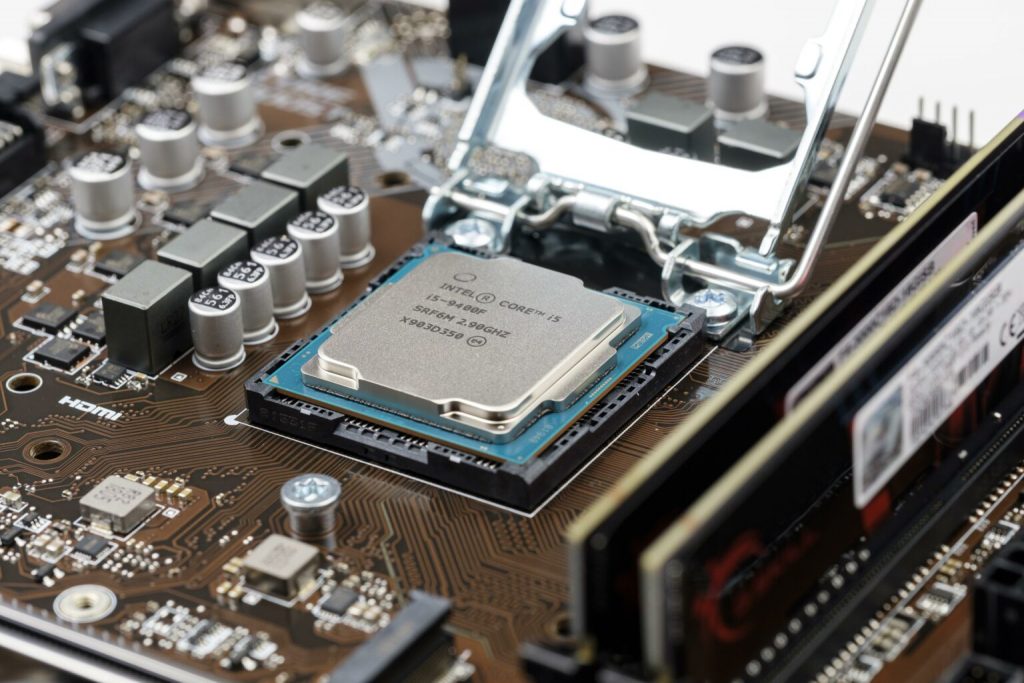
Intel is preparing for the release of the 14th generation of processors (Raptor Lake), which, in general, is just a refresh of the previous generation and not a true evolution. They will appeal more to users using older processors (such as Alder Lake), and users of 13th generation processors will likely only see a few percent performance improvement. Not enough to justify a purchase.
While Intel is currently preparing these processors for review and delivery to the market, apparently a few users are already testing engineering samples. In CPU-Z, one such processor scored 978 points in single-core mode and 18,117 points in multi-core mode. That's a 9.7-% improvement in single-core and an 8.4-% advantage in multi-core mode over the 13900K.
The difference is, logically, even more pronounced when compared to the 12900K model, where, according to the TechPowerUp website, the difference is as much as 19.4 % in single-core and an incredible 59 % in multi-core mode. The new processor was also tested on Geekbench 6.1.0 running Microsoft Windows 11 Pro 64-bit, and it set a new record for single-core performance. It scored 3121 points, which is 1 % faster than the 13900K's score of 3089. Still, there wasn't much to expect in single-core mode, since the number of cores is the same and only the clocks were increased by 200 MHz. This allows the 14900K to be clocked up to 6GHz at maximum boost. In the multi-core test, it was slightly slower than the Core i9-13900KS model, which also reaches a frequency of up to 6GHz and is roughly equivalent to the 13900K model.
As always, when there is a CPU or GPU refresh, it will not be of interest to owners of the latest architecture, but rather to owners of previous generations. As this is the last series of processors for Intel's LGA 1700 platform, it might appeal to those who joined the Alder Lake architecture almost three years ago, and Raptor Lake owners will probably react to these processors with a bored yawn.



